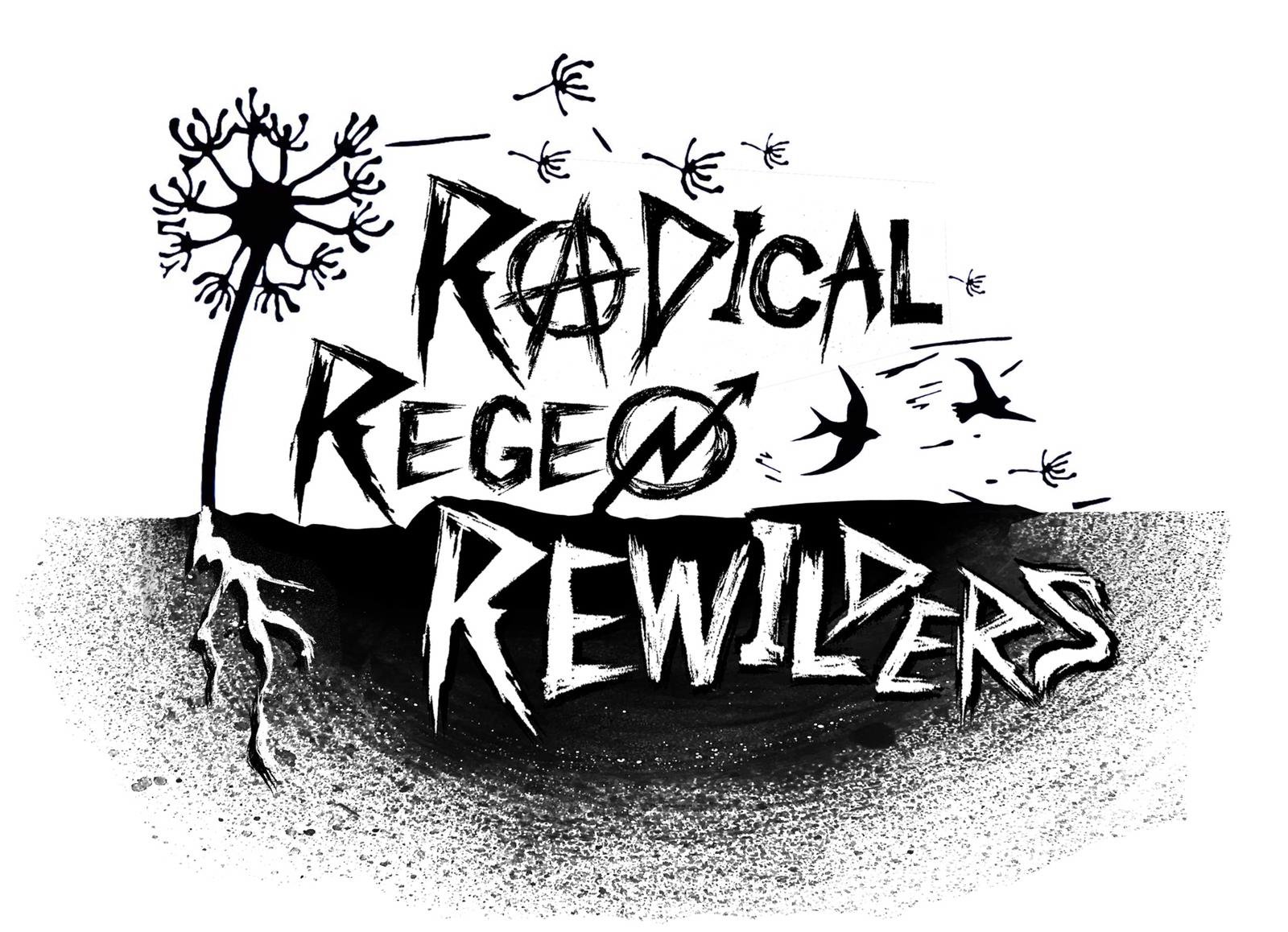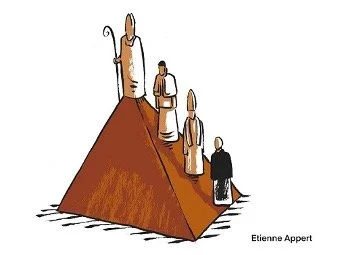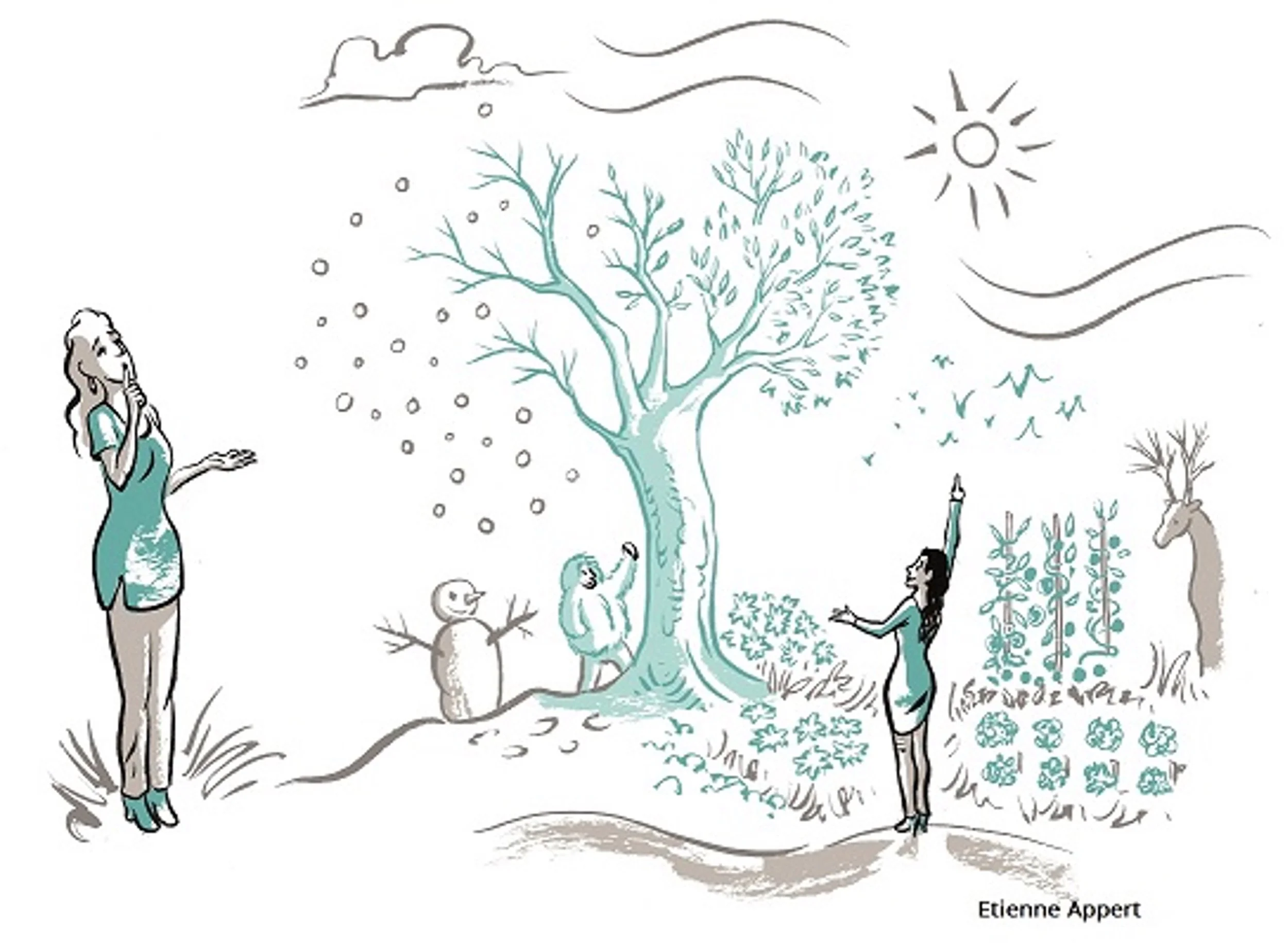Fundamental Assumptions
The topic of fundamental assumptions explains how deeply held, often unconscious assumptions (about people, their motivations, role in the world and workplace, the meaning of life etc.) lie at the root of organizational models and practices.
The Rewild Project is dedicated to challenging current paradigms of living and working. We are at the very forefront of human evolution and want to challenge accepted assumptions.
A New Perspective: Every historical stage has given birth to fundamental assumptions, a distinct perspective on people and their motivations, and to very different approaches to engaging with the world.
Here is an overview of some of the first stages of human and organisational consciousness.
Red Organizations - Fundamental assumptions from a Red perspective are:
The world has endless resources that can be exploited. People outside the organization/tribe can be exploited too.
The world is a hostile place. "It is me or you". Conquered territory has to be defended through (constant) struggle and vigilance. If one does not react swiftly to the environment, everything will be taken away.
Structure in society is all about power and respect. There is a natural pecking order which ensures that only "the best" survive and thrive. To survive, one either has to be dominant to take advantage, or submissive for protection.
One can only trust oneself – and, to some extent, the people who have “sworn allegiance”. Vigilance is imperative, because people’s allegiances can change overnight.
There are no stable rules except the rule of power exercised by the chief. What is right and what is wrong is decided by the boss. No need to think for oneself if one is not the boss.
It is acceptable (and even desirable) to only care about oneself. Taking what one can get – as long as one is not caught or beaten by someone more powerful is OK. There is no guilt, only power or submission. What other people think and how they feel is not a concern.
People who are not part of the "inner circle" are there to be used. Better to be feared than to be loved.
(Leadership style: predatory, Metaphor: Wolf Pack)
Amber Organisations
Fundamental assumptions from an Amber perspective are:
The world is (or should be) immutable, comprehensible and controllable. What worked in the past will work in the future. Stability (safety) and loyalty are essential. Change is to be viewed with suspicion. Leaving the organization is the last option.
Things are either right or wrong. There is always an institutional authority to be obeyed: rules, procedures, etc. Personal opinions are not relevant. Guilt is inescapable, when being in the wrong.
You follow the rules and the expectations that society has on you, even if it means wearing a social mask of virtue. Self-control is highly valued.
People are mostly lazy, dishonest, unintelligent and in need of direction. They must be supervised and told what is expected from them. Thus there must be a clear chain of command, formal processes, and clear cut rules that stipulate who can do what.
Everyone is replaceable by someone who can take over the same role in the process. Innovation, critical thinking and self-expression are not needed. Information is to be shared on a need-to-know basis.
Success means performing your role in the organization in a perfect way ("You are your job and your place in society is more or less clear from birth.")
(Leadership style: authoritarian - paternalistic. Metaphor: Army.)
Orange
Fundamental assumptions from an Orange perspective are:
The world is full of possibilities and challenges waiting to be discovered and taken up. If one is smart and works hard enough, all the benefits of high status can be had. If one does not make it, it is one's own fault.
Material results and status are essential. What counts is the financial bottom line: the (only) real measure for success is money and material wealth. This is what ultimately motivates people.
Truth is what works. Pragmatism is more valuable than authority. Rationality is valued above all else. Emotions, doubts, dreams, questions of meaning and purpose do not belong in the workplace. They are a distraction to achieving our goals. Being professional means keeping private life private.
Social acceptance is important, because one needs others to reach the own goals and acknowledge the own success. One has to wear a professional mask of success and control.
Only the best in their field can and should make it to the top. Competition is everywhere and should be encouraged. To survive and thrive, one has to outsmart others and beat competition.
Innovation is a necessity for growth. Change is the only constant thing. There is no room or time to tolerate mistakes and weaknesses.
It is important to have clear goals. Achieving the next external goal (getting the next promotion, finding a life partner, buying a new car,…) will make one happy.
When people are all by themselves, nothing good will come out of it. Although they can think up to a certain point and decide on how they do their job, they are in need of direction. People need to be motivated by external rewards and competition to perform at their peak. Management needs to set clear goals, incentive schemes, and control. Management has to be in control.
(Leadership style: expert/achiever, "problem solving, strategic, outcome oriented". Metaphor: Machine.)
Green Organisations
Fundamental assumptions from a Green perspective are:
Materialistic obsession, social inequality and loss of community are bad. Relationships are more important than outcomes. What is essential is belonging and harmony.
People are essentially good. Everyone’s point of view and opinion is valuable. Conflict or competition are not the only laws of nature, co-operation is also in our genes. Shared values work better than strict rules and policies.
Everyone has talents. Diversity leads to better results. Avoid conflict at all cost. Use bottom up processes for input and aim for consensus for decisions.
At work, people must be able to grow and reach their full potential. Management (HR) should create the necessary conditions. This means leaving a lot of room for discussion, for learning and mistakes. It means stimulating people to work in teams. Leadership should be in service to those being led.
All people are of equal value. We are separate and many forces in society pull us apart or into inequality, so achieving deep communion between people is something we have to work for. There are multiple stakeholders - not only shareholders. They deserve equal attention. Nature, the local community and society as a whole are to be considered as stakeholders.
(Leadership style: catalytic/co-creative, "team oriented, collaborative, servant leadership". Metaphor: Family.)
Teal Organisations
Fundamental assumptions from a Teal perspective are:
Human beings and organizations as living systems are full of potential waiting to unfold. Building on strengths is more important than focusing on weaknesses.
One can trust the abundance of life. People and organizations who share the same life serving goals are allies rather than competitors.
All of life is intrinsically interconnected. As humans and individuals, we share a place in the grand scheme of life. Having equal human value is self-evident, and does not require struggle or sameness in form or expression.
The goal of life is becoming the truest expression of oneself, to honor one's birthright and callings, and to be of service to humanity and the world. Your contribution is developing your own unique strengths and expressions, and then leading life's joy through that into this world, thereby playing your tune in the symphony of life.
One is not one's Ego. "Don’t let the need to look good, to be successful, to fit in,… run your life."
If one keeps the channel open, one can listen into the life that wants to be lived through oneself – or the purpose that wants to be served by the organization. Life does not need to be coerced. All we have to do is tune into what life wants to express or create and life will provide for itself what is needed. Sense and respond, rather than plan and control.
Even if something unexpected or mistakes happen, things will turn out all right. If they don’t, life is offering an opportunity to learn and grow. Let go of fear.
A good decision is a decision that is in line with one's inner compass – it is not only based on facts and figures, but includes emotions and intuition.
(Leadership style: co-creative/synergistic, "deeply empathetic, systemic, holding space for the purpose". Metaphor: Living System / Living Organism).
New Teal Assumptions - In Practice
Many of us hold deeply ingrained assumptions about people and work that are based on fear, assumptions that call for hierarchy and control. Teal organizations articulate the assumptions they hold about people and about work. Only by shining light on these fear-based beliefs can we decide to choose a different set of assumptions. When colleagues talk about the two sets of assumptions and are reminded of them frequently, they start to shift their belief system.
Self-management
To operate effectively – even at a large scale – with a system based on peer relationships, without the need for traditional pyramid hierarchy nor consensus, one relies on the following Teal principles. They in turn are based on the fundamental assumptions of Teal:
Trust
· We relate to one another with an assumption of positive intent.
· Until we are proven wrong, trusting co-workers is our default means of engagement.
· Freedom and accountability are two sides of the same coin.
Information and decision making
All business information is open to all.
Every one of us is able to handle difficult and sensitive news.
We believe in the power of collective intelligence. Nobody is as smart as everybody. Therefore all decisions will be made with the "advice process".
Responsibility and accountability
· We each have full responsibility for the organization. If we sense that something needs to happen, we have a duty to address it. it's not acceptable to limit our concern to the remit of roles.
· Everyone must be comfortable with holding others accountable to their commitments through feedback and respectful confrontation.
Wholeness
To bring your whole self to work, to be able to be whole in your relationship with others and with life and nature, you build on the following assumptions.
Equal worth
We are all of fundamental equal worth.
At the same time, our community will be richest if we let all members contribute in their distinctive way. We appreciate the differences in roles, education, backgrounds, interests, skills, characters and points of view.
Safe and caring workplace
Any situation can be approached from fear and separation or from love and connection. We choose love and connection.
We strive to create emotionally and spiritually safe environments, where each of us can behave authentically.
We honour the moods of love, care, appreciation, recognition, gratitude, curiosity, fun, playfulness…
We are comfortable with vocabulary like care, love, service, purpose, soul,... in the workplace.
Overcoming separation
We aim to have a workplace where we can honour all parts of us: the cognitive, the physical, emotional and spiritual; the rational and the intuitive, the feminine and the masculine.
We recognize that we are all deeply interconnected, part of something bigger and that includes nature and all forms of life.
Learning
Every problem is an invitation to learn and grow. We will always be learners. We have never arrived.
Failure is always a possibility if we strive boldly for our purpose. We discuss failures openly and learn from them. Hiding or neglecting to learn from failure is not acceptable.
Feedback and respectful confrontation are gifts we share to help one another grow.
We focus on strengths more than weaknesses, on opportunities more than problems.
Relationships and conflict
It's impossible to change other people. We can only change ourselves.
Every person has life lessons they are meant to learn by themselves. What we can do is be there to support each other in that process of personal change.
We take ownership for our thoughts, beliefs, words and actions.
We don't spread rumours. We don't talk behind someone's back.
We resolve disagreements one-on-one and don't drag other people into the problem.
We don't blame problems on others. When we feel like blaming, we take it as an invitation to reflect on how we might be part of the problem (and the solution).
Evolutionary purpose
To see the organization as having a life of its own, with a purpose of its own, is based on trust in the abundance of life and the ability to distance yourself from your ego:
Collective purpose
We view the organization as having a soul, a creative impulse and purpose of its own.
We try to listen in to where the organization wants to go and beware of forcing direction onto it.
Individual purpose
We have a duty to ourselves and to the organization to inquire into our personal sense of calling to see if and how it resonates with the organization's purpose.
We try to imbue our roles with our souls, not our egos.
Planning the future
Trying to predict the future is futile. We make forecasts only when a specific decision requires us to do so.
Everything will unfold with more grace if we stop trying to control and instead choose to simply sense and respond.
Profit
In the long run, there are no trade-offs between purpose and profits. If we focus on purpose (cause), the profit (effect) will follow.





